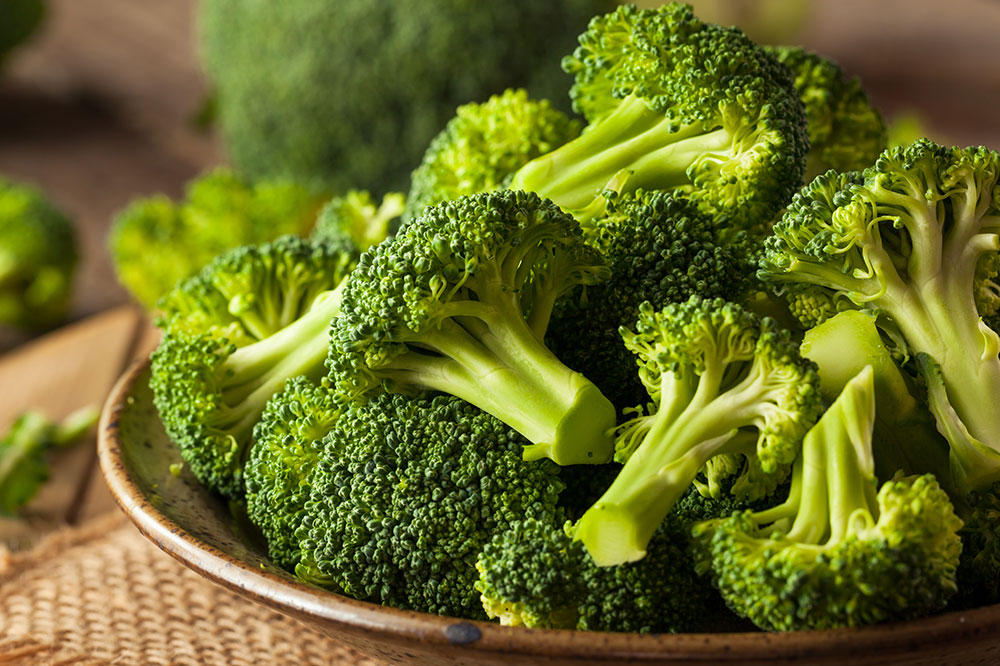8 foods to eat while healing from copd signs

For individuals facing the challenges of COPD (Chronic obstructive pulmonary disease), finding the right foods can make a significant difference in their journey toward healing and improved well-being. A tailored nutrition approach guided by healthcare professionals can help those with COPD live an improved quality of life. This article explores specific foods that are important in promoting healing and offer support in managing COPD symptoms. Some of the top foods are:
Broccoli, spinach, and kale
Incorporating nutrient-rich vegetables into one’s daily meals can be vital in managing COPD symptoms. Vegetables like broccoli, spinach, kale, and carrots are rich in vitamins, minerals, and antioxidants. These essential nutrients help reduce inflammation, support the immune system, and improve respiratory health.
Salmon and mackerel
Salmon and mackerel, rich in omega-3 fatty acids, can be incredibly beneficial for people with COPD. These healthy fats have anti-inflammatory properties that may assist in reducing inflammation in the airways. Individuals with COPD can experience improved lung function and easier breathing by including these fish in their meal plans.
Chicken, turkey, and tofu (lean proteins)
Lean protein sources like skinless chicken and tofu are necessary for tissue repair and maintenance. Consuming these proteins helps strengthen muscles, a crucial aspect of managing COPD symptoms. Stronger muscles can make daily activities less exhausting, allowing individuals to remain independent.
Quinoa and brown rice
Whole grains like quinoa and brown rice offer complex carbohydrates that provide a steady release of energy. This can help prevent the fatigue often experienced by COPD patients. Furthermore, these grains are high in dietary fiber, promoting digestive health and aiding in weight management.
Berries
Berries like blueberries, strawberries, and raspberries are packed with antioxidants that combat oxidative stress. COPD patients often face increased oxidative damage to their lungs, exacerbating their condition. Including berries in one’s meal plan can help neutralize free radicals and protect lung tissues.
Yogurt
Maintaining strong bones is essential for COPD patients. Yogurt, a calcium-rich dairy product, and leafy greens like kale and collard greens provide this essential mineral. Strong bones reduce the risk of fractures, a common concern for individuals with COPD.
Vitamin D-fortified foods
Vitamin D is essential for calcium absorption and overall health. Adequate vitamin D levels can help prevent bone loss and fractures in COPD patients. While sunlight is a natural source of vitamin D, fortified foods like fortified plant-based milks and juices can be valuable nutritional additions.
Ginger and turmeric
Ginger and turmeric are spices with well-documented anti-inflammatory properties. These culinary delights can be easily incorporated into various recipes. Their anti-inflammatory effects help reduce airway inflammation and alleviate COPD symptoms.
Navigating the challenges of COPD requires a thoughtful approach to food choices. Specific foods like broccoli, salmon, lean proteins, and berries can become powerful allies in managing COPD symptoms. By incorporating these nourishing options into one’s meal plan, individuals with COPD may experience improved respiratory health and an enhanced quality of life.